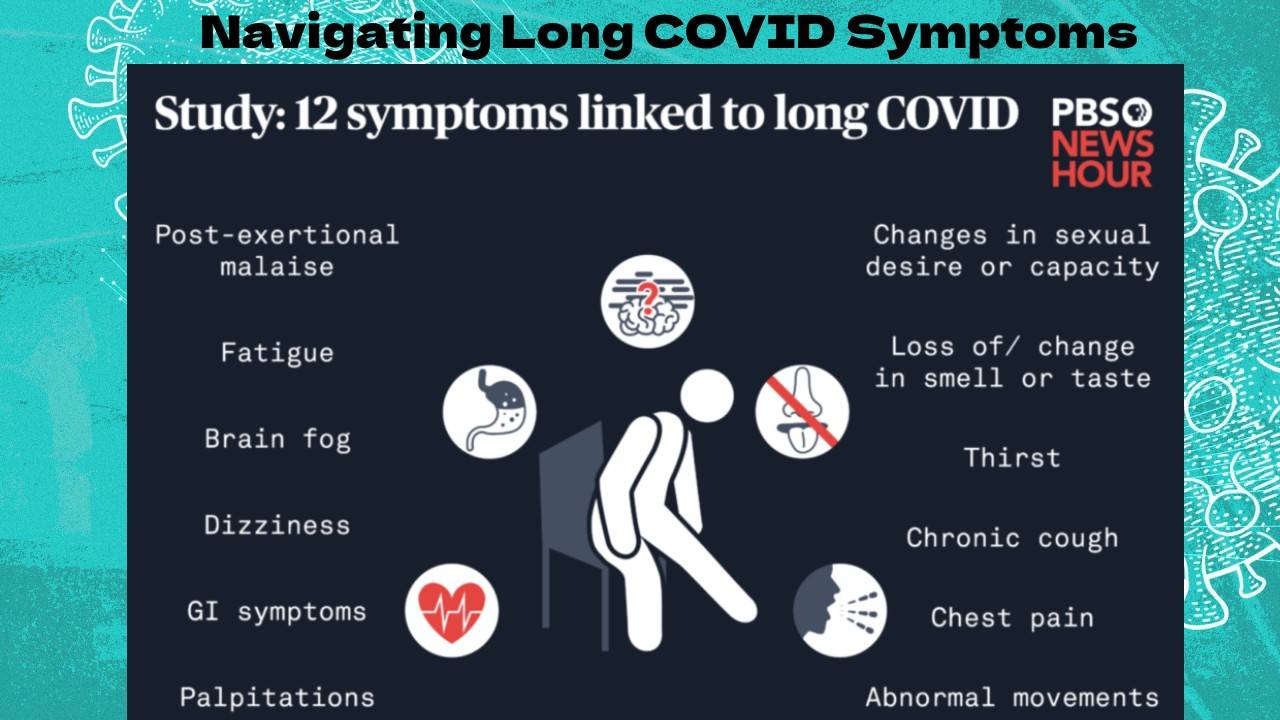Exploring Alternative and Integrative Medicine Approaches
Alternative and Integrative Medicine Explained. As the interest in holistic health continues to grow, many people are turning to alternative and integrative medicine for a more comprehensive approach to wellness. These practices focus not just on treating symptoms, but on addressing the whole person — body, mind, and spirit. But what exactly do these terms mean, and how do they differ from conventional medicine?
What Is Alternative Medicine?
Alternative medicine refers to health care practices that are used in place of conventional Western medical treatments. These methods often originate from ancient healing traditions and include:
-
Acupuncture
-
Herbal medicine
-
Homeopathy
-
Traditional Chinese Medicine (TCM)
-
Ayurveda
-
Chiropractic care
While some alternative therapies lack extensive scientific evidence, many people report positive outcomes, especially in managing chronic conditions, pain, and stress.
What Is Integrative Medicine?
Integrative medicine takes a combined approach, blending conventional medical treatments with evidence-based complementary therapies. It emphasizes patient-centered care and often involves a team of health professionals working together to support the patient’s physical, emotional, and spiritual needs.
Key principles of integrative medicine include:
-
A focus on prevention and lifestyle changes
-
Considering all factors that influence health, including environment, relationships, and mental well-being
-
Using natural and less invasive interventions when possible
-
Collaborative care between practitioners and patients
Examples of integrative therapies include:
-
Yoga and meditation
-
Massage therapy
-
Nutritional counseling
-
Mindfulness practices
-
Supplements and natural remedies used alongside medication
Why People Choose These Approaches
Many people are drawn to Alternative and Integrative Medicine Explained because they:
-
Want more control over their health
-
Prefer natural or holistic approaches
-
Seek solutions for chronic issues that conventional medicine hasn’t resolved
-
Value a more personal, relationship-based healthcare experience
Additionally, these approaches often focus on preventative care, helping individuals maintain health and avoid illness rather than just treating disease once it occurs.
Safety and Considerations
While many alternative and integrative therapies can be beneficial, it’s important to approach them wisely:
-
Consult with qualified practitioners who have formal training and credentials.
-
Inform your primary care doctor about any therapies you’re using to avoid potential interactions or complications.
-
Research the evidence behind the therapy, especially for serious or chronic conditions.
Not all natural remedies are safe or effective, and some may interfere with prescription medications or medical treatments.
Conclusion
Alternative and Integrative Medicine Explained offers valuable options for those seeking a broader, more holistic approach to health. Whether used on their own or alongside conventional treatments, these practices aim to support overall well-being and empower individuals to take an active role in their healthcare journey. As research continues to evolve, more people are finding ways to incorporate the best of both worlds for a healthier, more balanced life.








